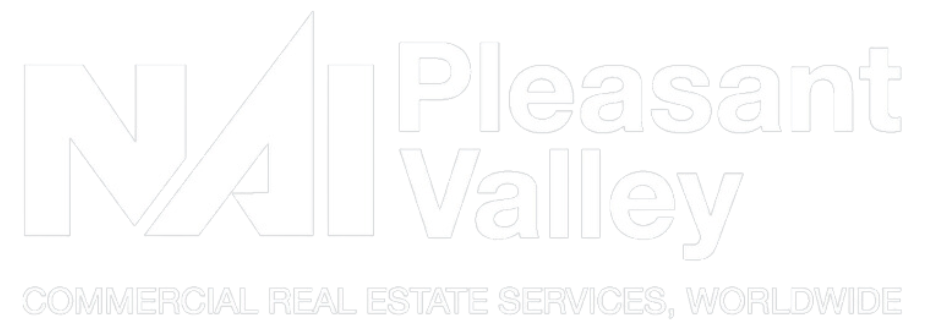Green down under: Sydney’s ambitious eco targets

Australia is certainly feeling the effects of the global climate crisis in recent years. The sensitive and beautiful ecosystem enjoyed by the “Aussies” has been ravaged by heat waves and wildfires and drowned in record-breaking floods – not to mention the tragedy that is the widespread bleaching of corals on the Great Barrier Reef, the result of rising ocean temperatures.
Perhaps this is why Australians are getting serious about cracking down on common pollutants and regulating the ecological impact of the industry. The latest news in this regard is the tough energy standards introduced by the City of Sydney (the government of Australia’s most populous city), and support for these coming from the leading property companies in the region.
Zero net emissions
Commercial Real Estate Australia published an article in late May 2021 detailing how the commercial real estate (CRE) and property leaders in the city have come out in support of the tough new energy standards that will apply to all development applications – from as early as the start of 2023. Specifically, the City[MOU1] is targeting zero net emissions for the entire local government area by 2035.
The report reads: “For the first time, City of Sydney is proposing that DAs to build or redevelop hotels and shopping centers must achieve a minimum National Australian Built Environment Rating System (NABERS) environmental rating, in this case, four stars. It also wants to increase the existing NABERS rating for office buildings from five stars to 5.5 stars by the start of 2023.”
Sydney Mayor Clover Moore says this makes economic sense, as well as environmental, and will help “save more than $ 1.3 billion on energy bills for investors, businesses and occupants between 2023 and 2040”.
Lead by the people
What’s particularly interesting about this, and other eco-friendly news emanating from Down Under, is that these gains appear to be driven at a regional and personal level, more than from the incumbent government which has been described as “one of the most climate-skeptical political groups in the developed world”.
For example, green energy is a big talking point in residential and commercial real estate (CRE) spheres, with considerable demand from consumers. One in four Australian homes now have rooftop solar energy supplies, says Recharge News. Clean energy is now almost a third of the power mix in the country.
Demand-side driven
The real estate industry is considered a thought leader in this space in Australia and has been recognized by bodies like the Global Real Estate Sustainability Benchmark (GRESB), in which they have topped the charts for a decade.
Australia’s Green Building Council calls GRESB “the global benchmark for environmental, social and governance (ESG) performance of real assets, defining and measuring standards for sustainability performance”, explaining that this assessment metric includes not just property, but also real estate investment trusts (REITs), funds, and developers – representing assets in excess of AUD $6 trillion.
Australian companies are also prominent in the Dow Jones Sustainability Index – another indicator, perhaps, of how the [professional and personal] tail can wag [government] dog in pursuing greener CRE.
